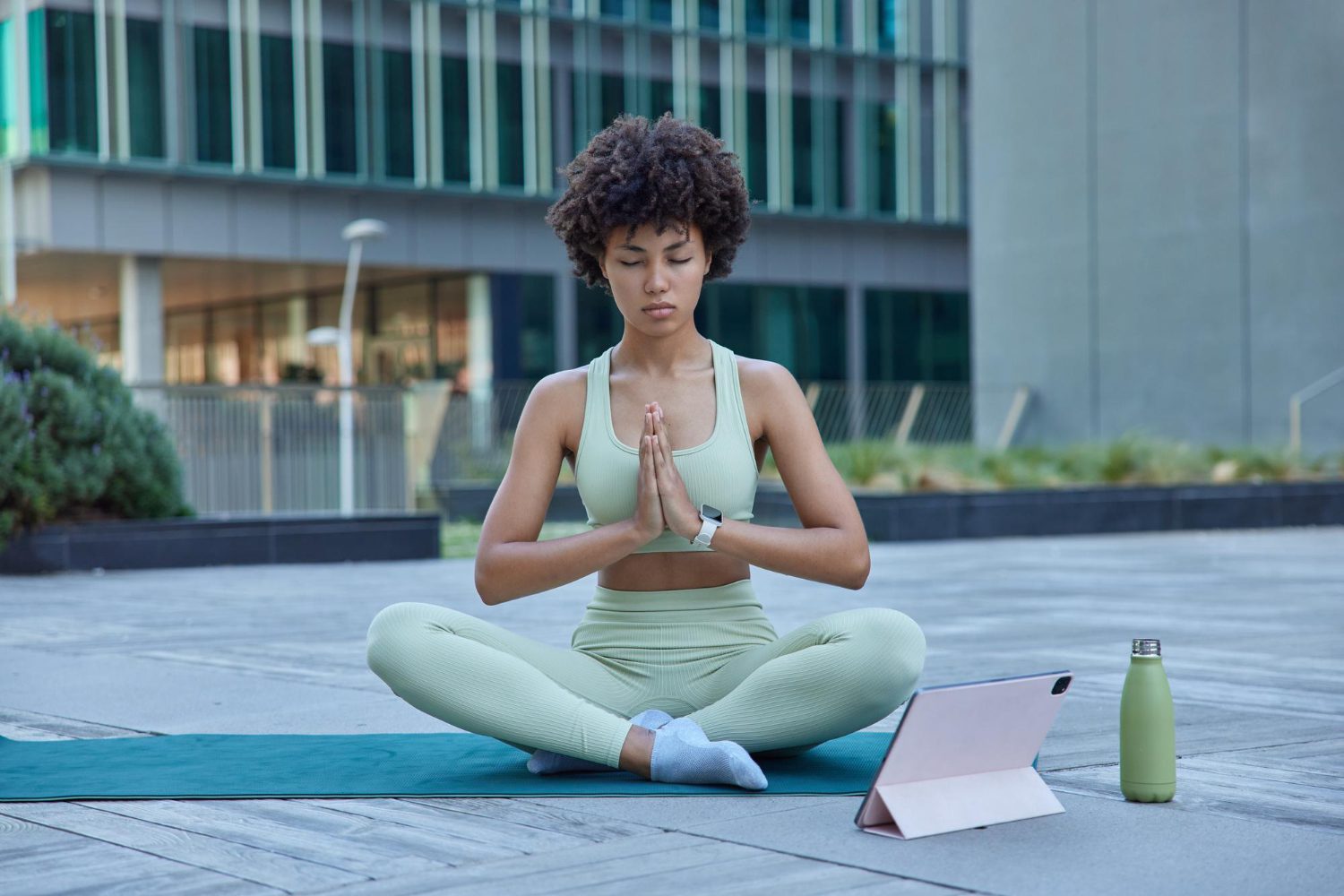Mental health and self-care practice is no longer on the sidelines. It’s not something we only talk about on World Mental Health Day or after burnout takes us down. In 2025, it’s front and center in boardrooms, group chats, and global policy. From the impact of a post-pandemic world to the relentless pressure of digital life, people are done pretending they’re okay when they’re not.
According to the United Nations and World Health Organization, over 1 billion people now live with a mental health condition, and that number is growing. This shift has sparked a revolution: we’re no longer treating mental health reactively. We’re learning to take care of our minds the way we take care of our bodies.

Start 14 -Day Free Trial of Your Online Business
The Rise of Holistic Mental Wellness: Beyond Just Therapy
Today’s mental health approach is less about labels and more about balance. Therapy is still vital, but it’s now just one piece of a broader self-care puzzle.
Platforms like Calm and Headspace have evolved into full-blown wellness ecosystems. Practices like breathwork, forest bathing, sound therapy, and personalized gut-health nutrition are now backed by science and gaining mainstream traction. Forbes recently highlighted a surge in wellness tech, from AI-guided journaling tools to wearables that track emotional patterns.
Workplace Mental Health: No Longer an Afterthought

Mental health and self-care practice is at its peak, businesses know that thriving teams build thriving bottom lines. Mental health days, on-demand therapy, four-day workweeks, and burnout prevention programs are now normalized across industries. The shift is cultural, leaders are learning that psychological safety is just as important as performance.
The Digital Detox Movement
We love tech, but we’re tired too. Constant pings, scrolling loops, and digital noise have pushed people to seek peace offline. Digital detoxing is a lifeline. CNN recently explored the trend of “digital fasting,” where people go phone-free on weekends or spend one week each quarter completely unplugged. Offline retreats are booming, and morning routines now prioritize stillness before screen time.
Cultural Shifts Around Mental Health
Mental health conversations are more open than ever.
Global influencers, sports figures, and policymakers are sharing stories and pushing change. Countries in Asia and Africa, where silence used to be the norm are seeing breakthroughs in public awareness and advocacy.
Self-Care in 2025
Forget bubble baths and luxury facials.

Today’s self-care looks like:
- Micro-habits (small actions that build momentum)
- Community support (healing circles, support groups)
- Mind-gut connection backed by Harvard Medical School
Self-care isn’t indulgence. It’s strategy.
AI’s Role in the Mental Health Space
Apps like Wysa and Woebot are offering real-time support using conversational AI.
AI now helps:
- Detect emotional triggers early
- Guide self-reflection and journaling
- Improve therapist efficiency
The World Economic Forum predicts that AI will soon be integrated into most healthcare systems and it’s already happening.
Real Impact
From overworked founders to anxious college students, the shift to proactive mental wellness is changing lives. These aren’t luxury solutions. They’re lifelines. And they’re working.
Conclusion
Mental health in 2025 isn’t just trending, it’s transformative.
We’re seeing a world more open, more innovative, and more proactive about mental well-being than ever before. Whether it’s AI tools, breathwork, unplugging, or building stronger communities, one truth holds: Mental Wellness Is a Must, Not a Maybe.




